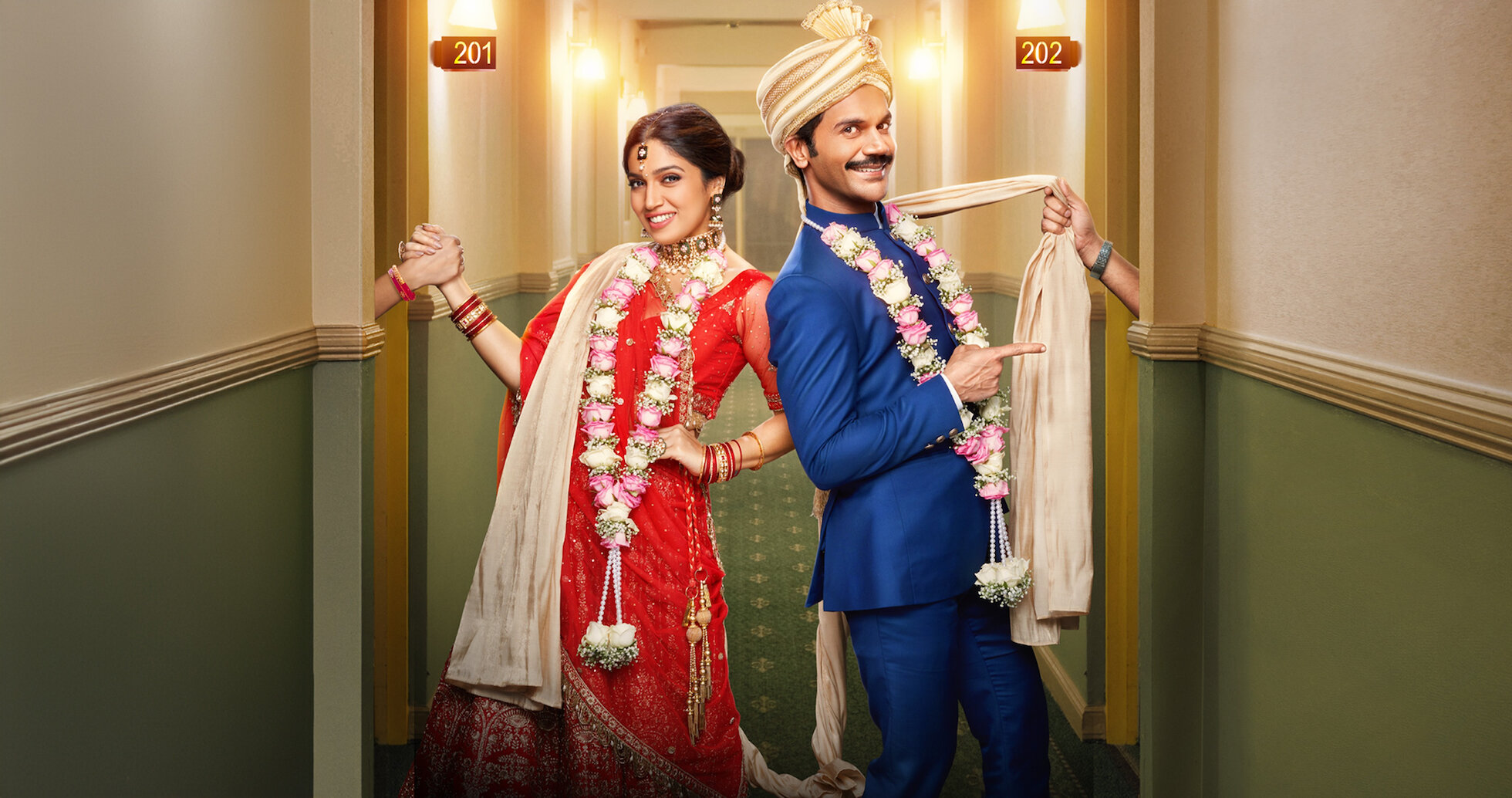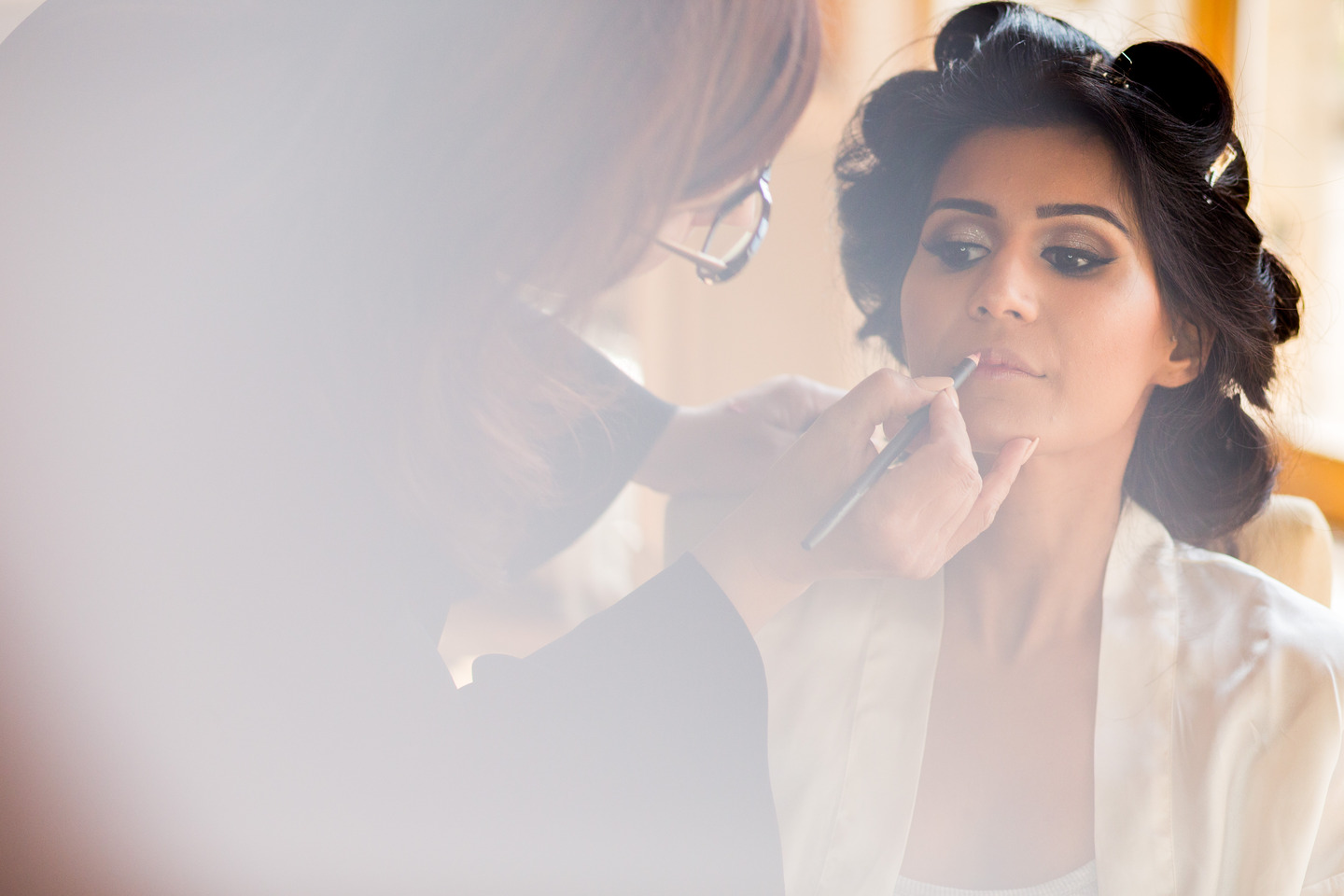There was a time when on-screen portrayals of queer people were disheartening, be it Abhishek Bachchan and John Abraham playing gay partners in Dostana or Shah Rukh Khan pretending to be queer in Kal Ho Naa Ho. But thankfully, LGBTQIA+ cinema has evolved beyond the obsolete tropes and caricatured depictions that once dominated the screen. Today, a growing wave of filmmakers are approaching queer relationships with the sensitivity, nuance, and emotional richness they deserve. Their stories move beyond tokenism to explore the complexities of love, desire, identity, and belonging—offering layered, human portrayals that resonate with truth. Whether it’s the quiet intimacy of a glance or the unspoken tension of self-discovery, these films remind us that love, in all its expressions, is valid and powerful.
My Brother… Nikhil (2005)
Onir’s directorial My Brother… Nikhil is groundbreaking and heartwarming at once. The movie, based on the life of Dominic d’Souza, follows Nikhil Kapoor (played by Sanjay Suri) from 1987 to 1994. A famous swimmer based in Goa, he deals with social ostracism and legal discrimination as he announces that he has been diagnosed with AIDS. The only support he gets is from his sister, Anamika, and his boyfriend, Nigel.
Memories in March (2010)
Memories in March is a tender, introspective film that follows Arati Mishra (Deepti Naval) as she travels to Kolkata after the sudden death of her son, Siddharth. While coming to terms with her grief, Arati uncovers a hidden side of her son’s life—his close, romantic relationship with his colleague Arnob (Rituparno Ghosh). As layers of denial, pain, and love unfold, the film delicately explores themes of acceptance, identity, and the quiet courage it takes to understand those we love beyond labels and expectations.
Margarita with a Straw (2014)
A deeply moving coming-of-age drama, this film follows Laila (Kalki Koechlin), a spirited young woman with cerebral palsy, as she leaves India to study in New York. There, she embarks on a journey of self-discovery, exploring her sexuality and falling in love with a blind Pakistani activist. With sensitivity and honesty, the film challenges norms around disability, identity, and love—ultimately celebrating the freedom to be unapologetically oneself.
Aligarh (2015)
One of the most poignant, powerful biographical dramas, Aligarh showcases the true story of Dr. Shrinivas Ramchandra Siras, a professor at Aligarh Muslim University who was suspended for his sexual orientation. The film follows his quiet life, the media storm that ensues after his privacy is violated, and his unlikely bond with a young journalist. With restraint and sensitivity, Aligarh explores themes of identity, dignity, and the right to love—shedding light on the harsh realities often faced by the LGBTQIA+ community in India.
Sisak (2017)
Directed by Faraz Arif Ansari, Sisak is a groundbreaking 16‑minute silent short film that narrates India’s first queer love story without uttering a single word. Set against the everyday backdrop of Mumbai local trains, it follows two unnamed men (played by Jitin Gulati and Dhruv Singhal) whose shy glances and subtle gestures evolve into a poignant, unspoken bond. Eschewing dialogue and even physical contact, Faraz relied on cinematography, sound design, and evocative close‑ups to convey longing, tenderness, and the weight of social stigma in this award-winning film. It went on to win 60 international awards.
Ek Ladki Ko Dekha To Aisa Laga (2019)
Sonam Kapoor Ahuja plays Sweety Chaudhary, a reserved young woman from a traditional Punjabi family in Moga. Pressured by her parents to marry, she unexpectedly falls in love with another woman, Kuhu (Regina Cassandra), and bravely begins the journey of coming out. As she grapples with societal expectations, it’s Sahil (Rajkummar Rao), a playwright, who enters her world—first as an admirer, then as a supportive friend helping her reveal her truth to her conservative father, Balbir (Anil Kapoor). The film sensitively explores themes of familial acceptance and the universal right to love.
Shubh Mangal Zyada Saavdhan (2020)
This rom-com Ayushmann Khurrana film brings gay relationships to commercial cinema. Set in the heart of a traditional Indian family, the film follows Kartik and Aman, a gay couple navigating their relationship amidst societal expectations and familial resistance. With humour, heart, and a touch of drama, it challenges taboos around same-sex love while celebrating the courage it takes to live and love openly in a conservative society.
Chandigarh Kare Aashiqi (2021)
A relatable and heartfelt romantic comedy directed by Abhishek Kapoor, Chandigarh Kare Aashiqi brings Manu (Ayushmann Khurrana) and Maanvi’s (Vaani Kapoor) story to the fore. Manu, a macho bodybuilder and gym owner in Chandigarh, hires Maanvi, a beautiful Zumba instructor, to attract clients to his gym. Soon, the duo gets together. But their connection is rocked after Maanvi reveals their identity as a trans woman. The movie beautifully portrays Manu’s biases, societal dynamics, the struggles for acceptation and cultural expectations.
Ajeeb Daastaans (2021)
Geeli Pucchi is the third short film in Netflix’s 2021 anthology Ajeeb Daastaans. Set in a gritty factory, it traces the complex, emotionally charged bond between Bharti Mandal (Konkona Sen Sharma), a skilled Dalit worker denied a promotion due to her caste, and Priya Sharma (Aditi Rao Hydari), a more privileged Brahmin newcomer who lands the coveted position. What begins as tentative camaraderie blossoms into intimate connection—sharing lunches, secret glances, and the eponymous “geeli pucchis”—only to collide with societal and internalized barriers of caste, gender, and even sexuality.
Badhaai Do (2022)
The dramedy centres on the story of a closeted gay police officer Shardul Thakur (Rajkummar Rao) and Suman “Sumi” Singh (Bhumi Pednekar), lesbian physical education teacher. Breaking to familial pressure to marry, the two enter a lavender marriage—a marriage of convenience—to maintain appearances and avoid scrutiny. What starts as a pragmatic arrangement soon gets complicated when both begin relationships with their respective same-sex partners. The community appreciated the nuanced portrayal of the queer characters coming out and their vulnerabilities.













